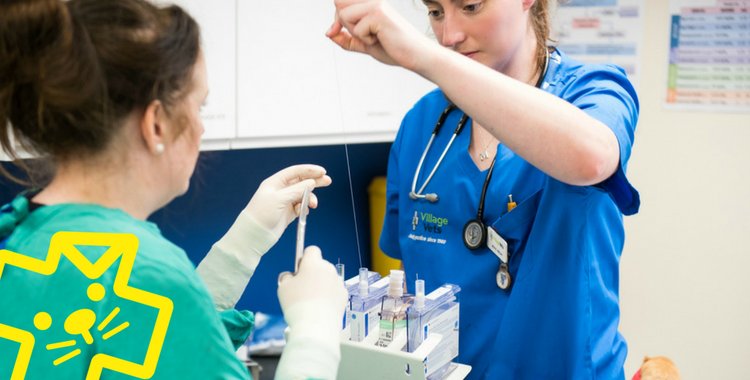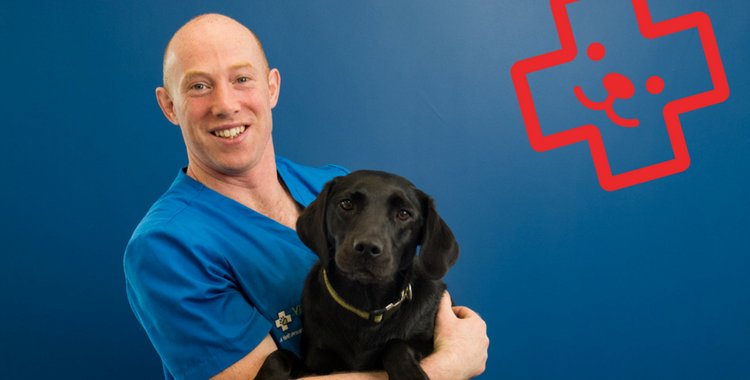
SHOULD YOU SPAY/NEUTER YOUR PET?
Most dogs and cats should be spayed or neutered at an early age.
Animal shelters are crowded with unwanted pets that,in many cases, are the result of accidental or poorly planned breeding.
The majority of these unwanted pets are never adopted.
Neutering your canine or feline companion results in better health and longer life for your pet and peace of mind for you.
 Six commonly asked questions regarding spaying or neutering:
Six commonly asked questions regarding spaying or neutering:
1. Will my pet get fat and lazy after the operation?
No. Neutering or spaying may reduce your pet's overall activity level and natural tendency to wander, which may also, influence appetite.
2. Will my pet's personality change for the worse?
Neutering or spaying will not change your pet's character. Your pet will be less aggressive towards other cats and dogs and will be less likely to wander off.
3. I am concerned about my pet undergoing anaesthesia. Is there any danger?
Although there is always a slight risk involved, the anaesthetics currently used by veterinary surgeons are very safe. Do not be afraid to consult our Vets if you are concerned about this aspect of the procedure.
4. Can we sell puppies or kittens and make money?
Yes but if you look at the notice board in our waiting room, you will always see notices trying to find good homes for kittens and puppies.
5. Could I let my children witness the experience of our pet giving birth?
These intrusions can result in an unwillingness to care for the offspring or injury to the owner or to the pet itself.
6. Is it possible to breed another pet just like Rover or Fluffy?
This is not likely. Breeding two purebred animals rarely results in offspring that are exactly like one of the parents.
 Four good reasons why you should spay or neuter your pet :
Four good reasons why you should spay or neuter your pet :
1. Neutering or spaying increases your pet's chances for a longer and healthier life.
2. A neutered dog or cat is a better pet for your family.
3. Spaying results in a cleaner female dog and home.
4. You are helping to alleviate the dog and cat overpopulation problem.
 What is involved in spaying and neutering?
What is involved in spaying and neutering?
Normally your pet is fasted for 12 hours or overnight before the operation. Prior to the operation, your pet receives a full clinical examination from the Veterinary Surgeon on duty. The patient is generally operated on during the morning. Dropping your dog or cat off in the morning for his spay/neuter procedure means you will have your pup/kitten back that afternoon or evening — so you only need to be apart for a few hours . The ovaries and uterus are removed in the female and the testes in the male.
When your pet comes home he/she should be confined to the house for a few days. Dogs can be given light exercise by walking them on a leash. Your biggest problem with a newly spayed pet will be keeping them quiet as they don't understand that they have just been operated upon and should take it easy for a while! Make sure that your pet does not jump or bite at the sutures. In ten to fourteen days the incision will have healed and the sutures will be removed by one of our Nurses.
You can book a free pre-neuter consult with us online today to discuss when is the right time to get your pet neutered.





